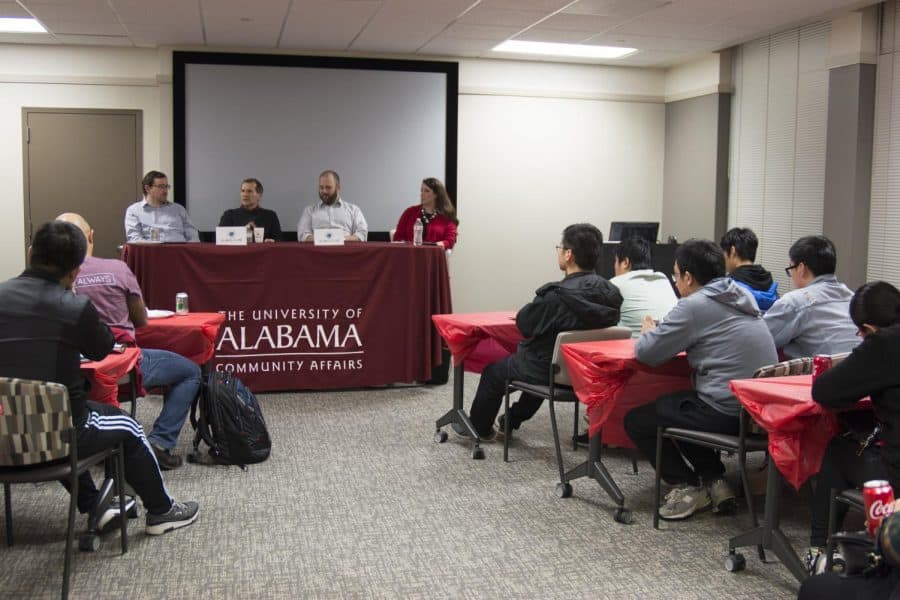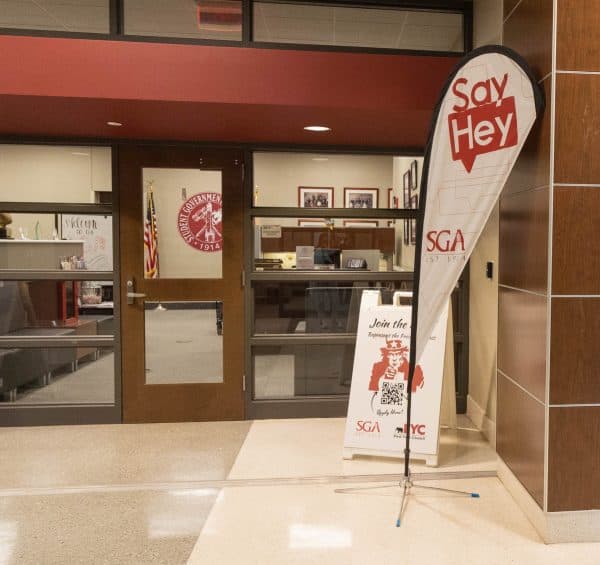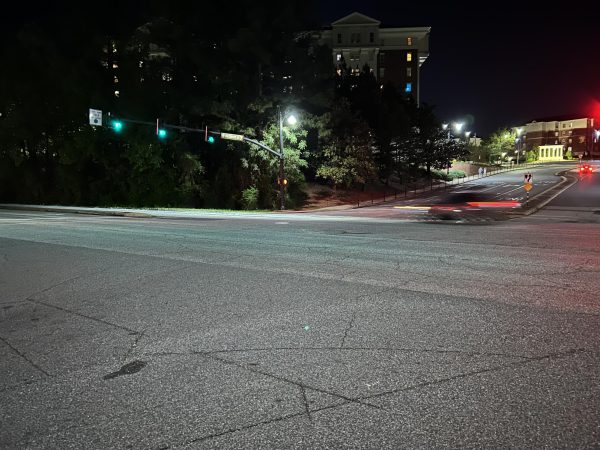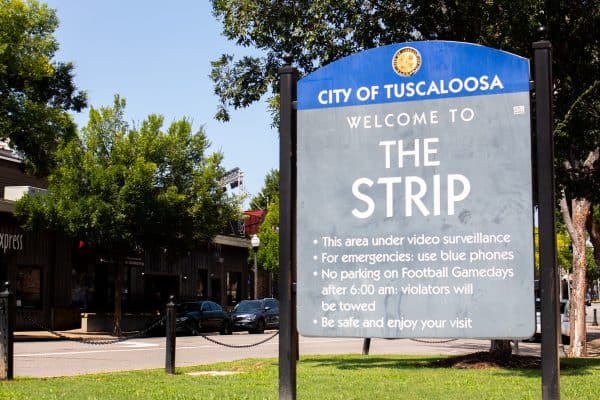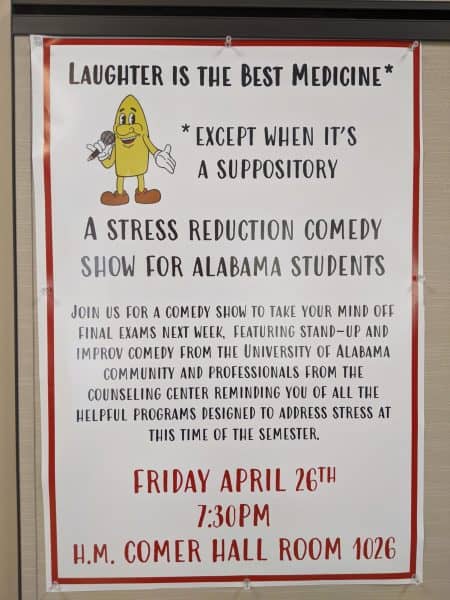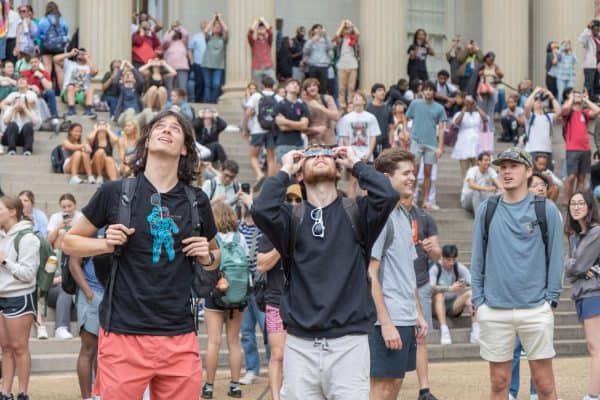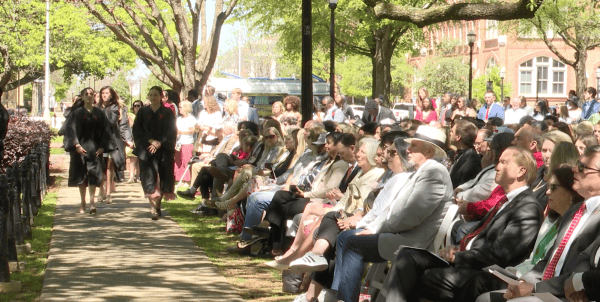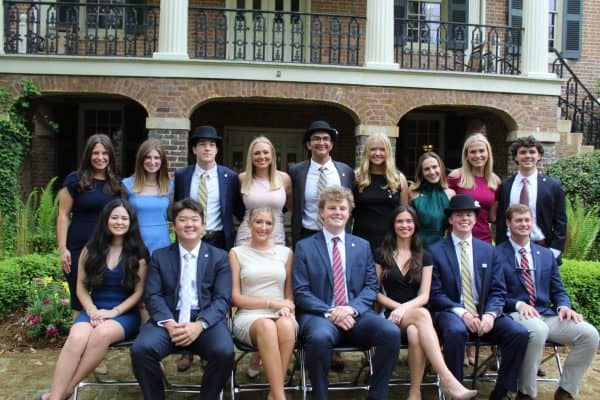International students navigate off-campus housing
February 14, 2019
Though Tingkai Xu, a second-year graduate student completing his master’s degree in social work, hasn’t had a negative experience with landlords, some of his friends have.
Evenings at Global Cafe’s panel on Feb. 12 served as a good reminder for him. The topic was “What you need to know about landlords and apartment leases,” which served to help prevent the process of locating and securing housing for the academic year from becoming an added obstacle for international students.
The sheer number of students in Tuscaloosa scrambling to sign leases by the spring semester in conjunction with the countless decisions involving location, price and roommates lays a heavy burden on individuals who lack guidance.
Students who have travelled to the United States to pursue an education are focused on navigating a new culture, developing strong relationships with their peers and often overcoming a language barrier.
Global Cafe, an initiative of the Center for Community-Based Partnerships, provides a community where international students and students with international interests can develop productive and beneficial relationships. Evenings at Global Cafe is a program designed to provide international students with resources for a smoother transition.
“We have one or two events a month to give important information to international students or visiting scholars about American culture and American laws,” said Xu, an international student from China and a graduate assistant for the Global Cafe program. “It is important knowledge about how to make an international person adapt themselves to a new environment.”
The panel for the event consisted of four individuals: Amanda Collins-Sims, coordinator of off-campus housing and special services for UA Housing and Residential Communities; Zbigniew Krejpcio, a visiting Fulbright Scholar in chemistry from Poland; Yuri R. Linetsky, associate professor of clinical legal instruction, director of Clinical Programs and director of UA Civil Law Clinic; and Charter Morris, director of UA International Student and Scholar Services at the Capstone International Center.
“Alabama law is not always friendly to renters, but it does provide a certain level of protection to tenants,” said Linetsky, referencing the Uniform Residential Landlord and Tenant Act as a valuable resource for an individual seeking housing. This document outlines the responsibilities of each party as stated by law.
Collins-Sims warned students about the incentives used to pressure individuals into signing leases. These promises of discounts or gift cards along with incessant reminders of limited availability lead many renters to prematurely enter legally binding agreements.
Morris explained that some landlords make unacceptable demands of international students because they assume these individuals are unaware of the legal rights they hold as a renter. The possibility of exploitation by landlords makes it crucial for all students to understand the legality of the demands they might face.
Visiting a property before signing is recommended for anyone preparing to enter a lease, but Krejpcio said this is not an option for most international students. Travelling to the U.S. ahead of time to see a property firsthand is not feasible. He recounted his own experience of signing a lease from Poland, suggesting that students have their hosts inspect the property for them if possible.
Linetsky provided insight on specific legal stipulations that students need to understand. Security deposits were one of these topics. The return of security deposits at the end of a lease can be challenging because students must provide a physical address to receive it. If students are unable to provide this address within 90 days, landlords are not legally obligated to return the money. Additionally, this deposit is often returned in the form of a check, which can be an obstacle for international students.
Kathryn Taylor, a junior majoring in communication studies and a Global Cafe tutor, emphasized the importance of hosting these events.
“Overall there’s almost an epidemic in Tuscaloosa,” Taylor said. “It’s a landlord’s market. The law kind of caters to the landlords. It’s even hard for undergraduate students who are from the United States. It’s hard enough for us, so I can’t imagine being an international student and having to deal with the stuff we have to go through in a second language.”
Global Cafe offers tutoring sessions Monday through Friday from 8 a.m. to 4 p.m., partnering international and American students to practice conversational English, explore U.S. culture and form relationships.
Taylor said she feels like Global Cafe evening events really display the heart of the program and highlight the work members try to do.
“Most of the people from here are very welcome, very kind, very warm,” Xu said. “I’ve met a lot of people from different countries, from different places in America. It’s one of the best experiences of my life.”

